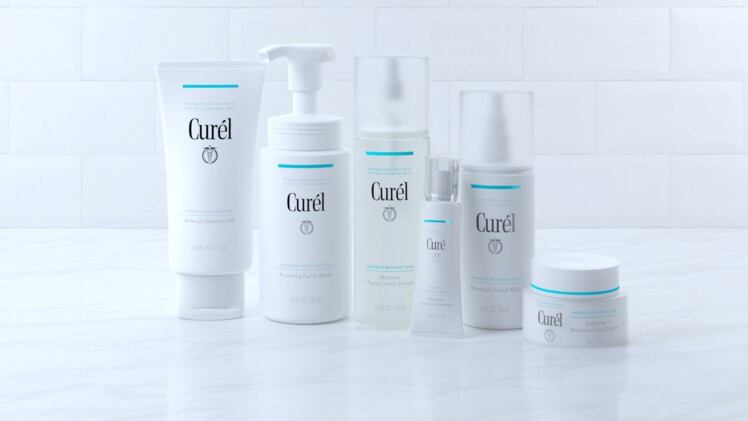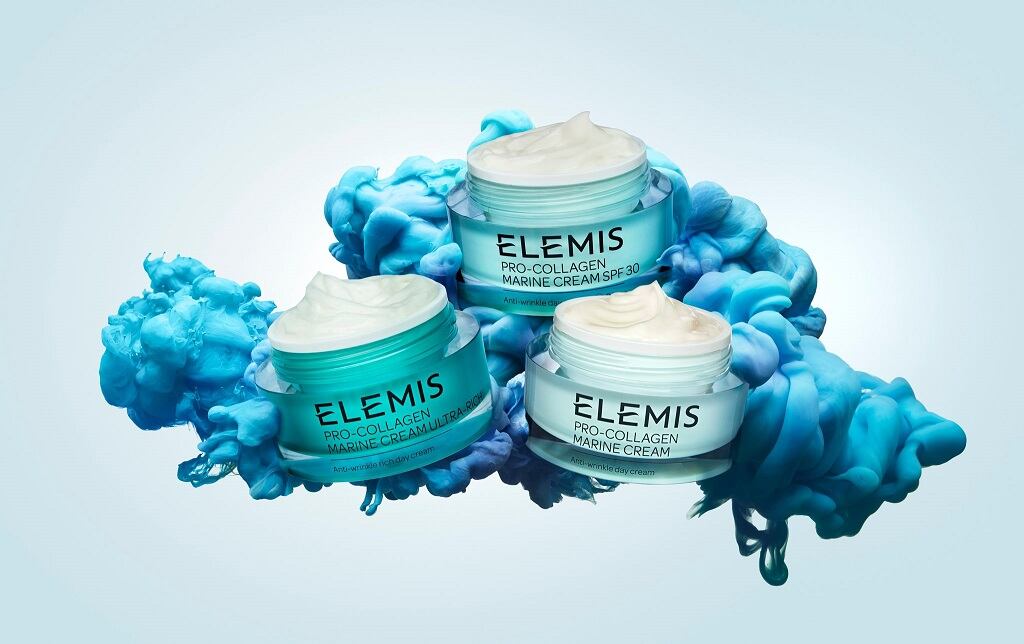1 – ‘Human approach to beauty’: L’Occitane online sales grow 69% thanks to social selling initiatives
Hong Kong-listed L’Occitane International has credited the growth of its online sales in part to its successful social selling initiatives in markets including South Korea, Europe and the US.
L’Occitane International is a beauty retailer and manufacturer of brands including L’OCCITANE en Provence, Melvita, Erborian and Elemis.
Sales through its online channels expanded 69.2% in the fiscal year ending March, accounting for more than one-third of the group’s total sales.
These strong online sales compensated for most of the sales lost through its brick-and-mortar stores, of which more than 75% were shuttered at the peak of the global COVID-19 pandemic.
2 – Little beauty book: Why presence on RED is crucial for international brands as C-beauty competition heats up
Beauty brands looking to tap into the Chinese market cannot afford to ignore popular social and shopping app RED in order to build their presence and gain trust among Chinese beauty consumers, claims a leading strategy and consulting outfit.
RED, known locally as Xiaohongshu (小红书), is a Chinese social media and e-commerce platform backed by Chinese tech giants Alibaba and Tencent.
As of June 2019, RED’s sixth anniversary, the platform’s number of monthly active users exceeded 85 million as user-generated content increased ten-fold over the past year.
Speaking during a WeCosmoprof International event, said Pan Chenyin, general manager of Adiacent China, stated that the significance of RED’s role in China’s beauty ecosystem cannot be overstated.
3 – Eliminating emotional friction: How buy now, pay later plays to the millennial beauty consumer psyche – hoolah CEO
Millennial beauty consumers are adopting buy now, pay later (BNPL) services because they remove the ‘emotional friction’ of purchases by helping to spread the cost, according to Singapore-headquartered platform hoolah.
The firm, which operates in Malaysia and Hong Kong in addition to its home market, allows retailers to offer their customers the option to buy now and pay later with three equal instalments over three months with 0% interest.
According to the firm, BNPL can drive key marketing metrics of increased customer traffic, conversion, basket size and loyalty for retailers.
Since it launched in 2018, the company has seen month-on-month growth and the COVID-19 pandemic helped to boost its growth even more.
4 – Buy and grow: Start-up Rainforest eyes opportunities in acquiring APAC e-commerce personal care brands
Singapore-based start-up Rainforest is looking to acquire online direct-to-consumer personal care brands from Asia Pacific in order to scale them up.
Established in January, Rainforest was launched by executives from some of South East Asia’s top start-ups, including Carousell, Airbnb, Fave and OVO.
The company describes itself as a ‘serial acquirer’, targeting e-commerce brands that have the potential to grow.
“It’s becoming increasingly easy to anyone to set up a brand. Anyone who has an idea of what’s interesting for the market can create it and entrepreneurs can start with a relatively small capital to create the brand they want,” said co-founder and CEO JJ Chai, who previously held roles at Carousell and Airbnb.
5 – ‘Ultimate consumer experience’: How P&G’s SK-II turned to social retail to create contactless engagement with shoppers
Skin care brand SK-II has tapped into social retail to engage with beauty consumers who have increased their time spent online in the wake of the COVID-19 pandemic.
The Procter & Gamble (P&G) -owned brand recently hosted its first-ever social retail pop-up in Hainan, China. It ran for the whole month of May at the Haitang Bay Duty-Free Shopping Centre in partnership with the China Duty-Free Group
Social retail is a concept that integrates physical retail with online and social media interaction and sharing for a truly omnichannel experience.
“Our consumers are expecting so much more from brands and businesses. There is so much more on their minds than just skin and beauty,” said Elizabeth Caton, global vice president of SK-II Travel Retail.





